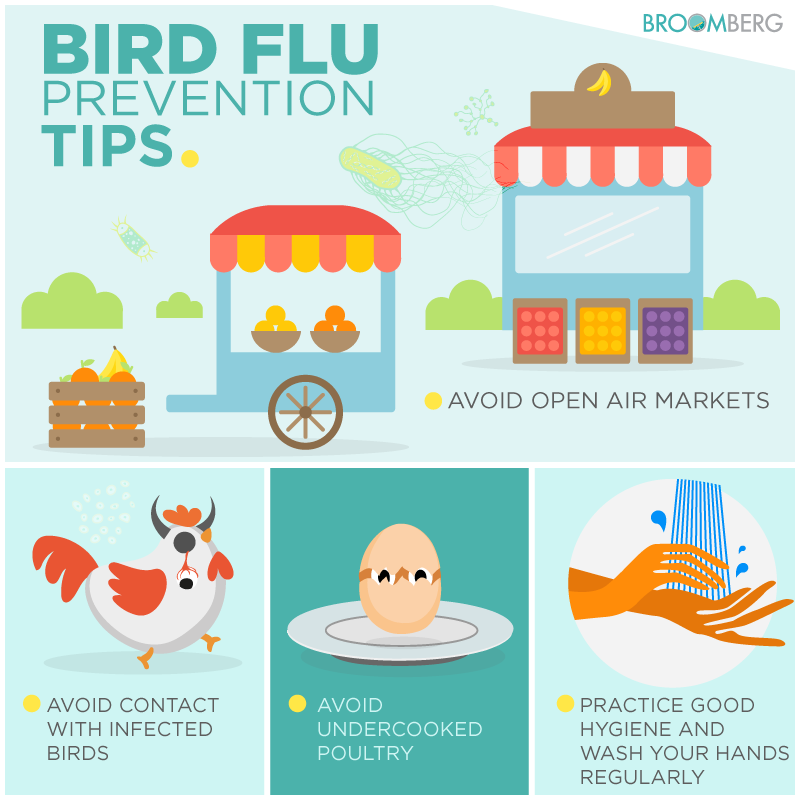So yesterday there was news of an outbreak of bird flu at a farm in Suffolk. Unfortunately for the farmer, the 27,000 birds will need to be culled. This is such devastating news, as we know how long it takes to build up such a large flock. The birds were found to have the H5 strain of avian flu, this is a ‘low pathogenic avian flu’. Other bird keepers in the area should remain alert for any signs of disease. I’ve put together this blog post just to make people more aware of what bird flu is and what it looks like in both animals and humans.
What is bird flu?
“Bird flu” is the name given to several strains of virulent influenza that can be transmitted from birds to humans. The primary strains that are cause for concern are H1N1 (since 1997) and H7N9 (since 2013). There are two forms of avian influenza: low pathogenicity (LPAI) and high pathogenicity (HPAI).
What are the symptoms?
High temperature, nausea, cough; the same as flu. However, within days of initial symptoms appearing, victims can suffer potentially fatal complications, such as pneumonia or organ failure.
How do you catch it?
Generally through prolonged contact with an infected bird, dead or alive. Chickens, ducks, turkeys and geese can all be infected with the virus and not show signs of illness. You can't be infected through eating cooked poultry or poultry products.
Do I have bird flu?
If you have the symptoms of flu and you have visited an area affected by bird flu in the last two weeks, you’re advised to contact your GP. Your diagnosis will be based on your symptoms and the likelihood you have been exposed to an infected bird. This will then be tested via a chest X-ray, blood tests, nose and throat swabs.
What is the treatment?
As with regular flu: rest, plenty of fluids, paracetamol to bring down your temperature. The NHS has stockpiled antiviral medication in the event of a UK outbreak, which will reduce the severity of symptoms. Bird flu victims will generally be treated at home, or in isolation at a hospital.
How do I tell if my bird has bird flu?
The only way to confirm if your chickens have Avian Influenza is a laboratory test. However, there are a few signs that you should look out for:
Blueness of the head area
Reduction in their appetite
Wet eyes
Excessive flock huddling and ruffled feathers
Fluid in the comb and wattles
Decrease in egg production
Coughing
Legs bleeding underneath the skin
Sudden death
A general decrease in roaming and activity
If you notice any of these symptoms in your chickens then make sure the properly quarantine them immediately.
There are a few things that you can do to prevent bird flu
Restrict wild birds - The most effective measure you can take is to stop wild birds from coming into contact with your chickens. You could also add a roof to your pen as this would stop infected droppings from entering the pens, although the odds of that happening are very slim!
Keep things clean and tidy - Keep your feeders and water units clean and don’t let wild birds have access to these. Thoroughly clean any piece of equipment that comes into contact with your birds, you can you Virkon S.
Clean up any food spillages, so that you don’t attract wild birds. Clean and disinfect your coop weekly, again you can use Virkon S for this. Have dedicated clothing and footwear for handling your chickens. Ensure that you don’t wear these clothes for anything else, especially when visiting another flock.
Frequently asked questions about bird flu
Q: What happens if I eat an egg which was laid by a chicken with Bird Flu?
Chickens infected with highly pathogenic avian influenza don’t normally lay eggs. However if you did eat an egg laid by a chicken with bird flu, the World Health Organisation reports “Proper cooking inactivates the virus present inside the eggs”.
Q: Can I eat a chicken contaminated with Bird Flu?
If you cooked the infected chicken so its temperature rises above 70°Celsius and make sure no meat is raw or red then it should be safe to eat.
Q: Should I Start My First Flock Now?
Some people have said that they are cautious about getting chickens while there is the scare of bird flu. This is an overly-cautious step and if you want to get chickens and raise them you should! Just make sure to purchase your pullets from a reputable dealer and follow the safety steps outlined above and you should be fine.
Hopefully you’ll feel a bit more informed about what bird flu is and how you could potentially prevent it in your flock. If you’re concerned about bird flu in your flock, make sure that you speak to your vet for advice on what to do next!


